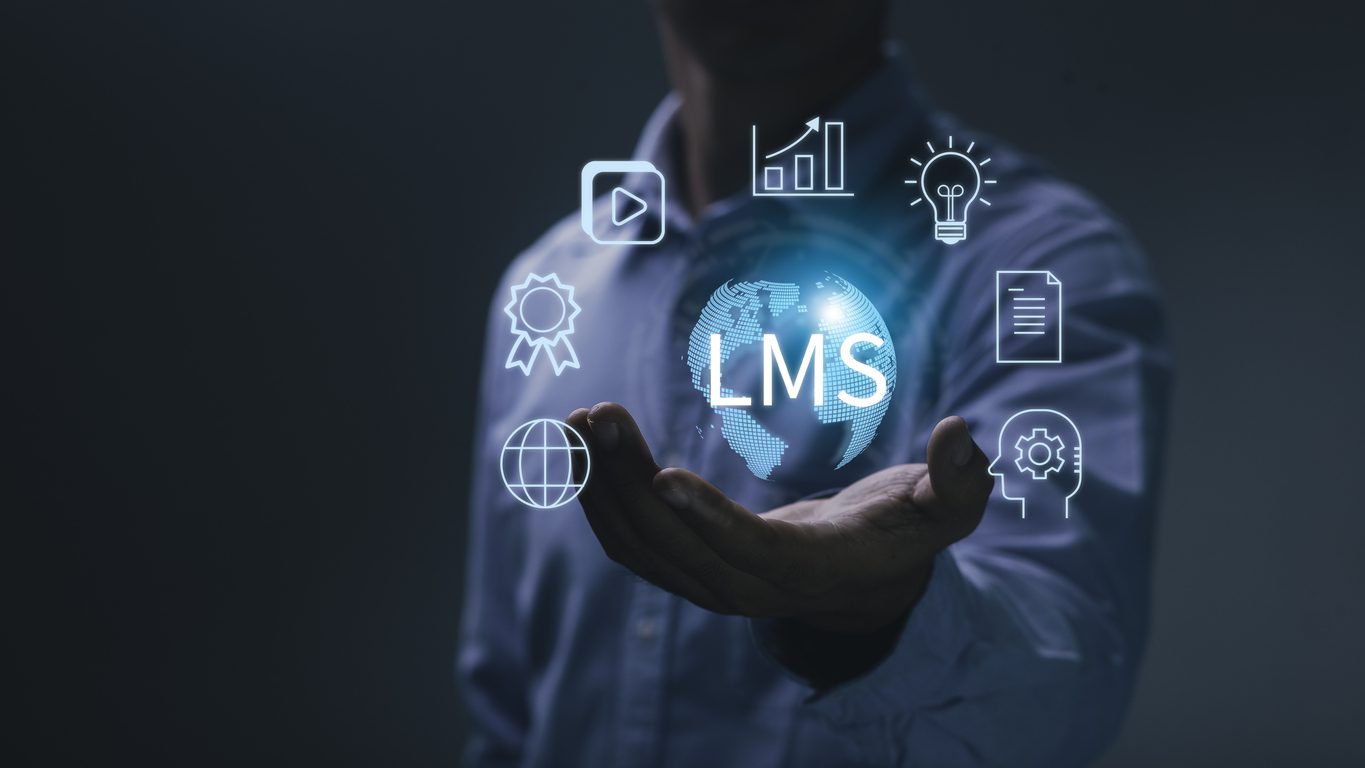
In the fast-paced corporate world, the relevance and accuracy of training materials are paramount. Traditional methods of updating and distributing training content can be slow and cumbersome, often involving manual revisions, reprinting, and redistribution of materials. This delays the dissemination of essential information and increases operational costs. Learning Management Systems (LMS) have emerged as a vital solution to these challenges, streamlining the process of updating and distributing training materials across an organization. By leveraging LMS platforms, companies can ensure that their employees have instant access to the most current and relevant training content. This blog post explores the efficiency of LMS in managing training material updates and distribution, highlighting its impact on organizational learning and development.
Historically, updating training materials has been inefficient. Physical manuals and handouts require extensive time and resources to update and reproduce. Additionally, ensuring every employee receives the updated materials can be a logistical nightmare, especially for large or geographically dispersed organizations. These challenges can lead to discrepancies in training quality and knowledge gaps among employees, undermining the effectiveness of training programs.
The adoption of an LMS revolutionizes how organizations manage their training content. Here are the key ways in which LMS platforms address the challenges of traditional content management:
LMS platforms allow for instant updates to training materials. When a change is made, it is immediately reflected across the platform, ensuring that all learners have access to the latest content. This agility is crucial for maintaining the accuracy and relevance of training programs, particularly in industries where regulations and best practices frequently change.
With an LMS, all training materials are stored in a centralized digital repository. This simplifies content management and updating and ensures uniformity in the training materials accessed by employees across different departments or locations. A centralized system also eliminates the risk of using outdated or inconsistent materials in training sessions.
LMS platforms enable the efficient distribution of training materials to a broad audience with minimal effort. Whether an organization needs to train 10 employees or 10,000, the LMS can scale to meet its needs without additional costs. This scalability particularly benefits growing companies or those with seasonal training needs.
By providing digital access to training materials, LMS platforms ensure learners can engage with content conveniently from anywhere. This accessibility is vital for supporting diverse learning preferences and schedules and enhancing the overall effectiveness of training programs.
Digitizing training materials streamlines content management and supports sustainability by reducing the need for paper-based materials. Additionally, the cost savings from eliminating printing and physical distribution are significant, allowing organizations to allocate resources more effectively.
The efficiency of LMS in updating and distributing training materials represents a significant advancement in corporate training and development. By enabling quick updates, centralized content management, scalable distribution, and enhanced accessibility, LMS platforms ensure that training programs are more dynamic, relevant, and effective. In today’s rapidly evolving business environment, the ability to swiftly adapt and disseminate training content is invaluable. Organizations leveraging LMS for content management are optimizing their training processes and positioning themselves for greater agility, competitiveness, and success.